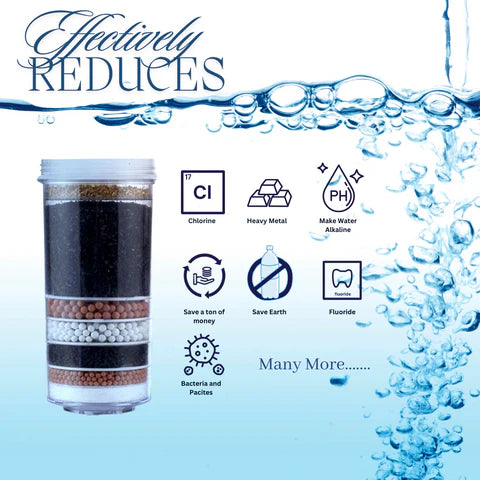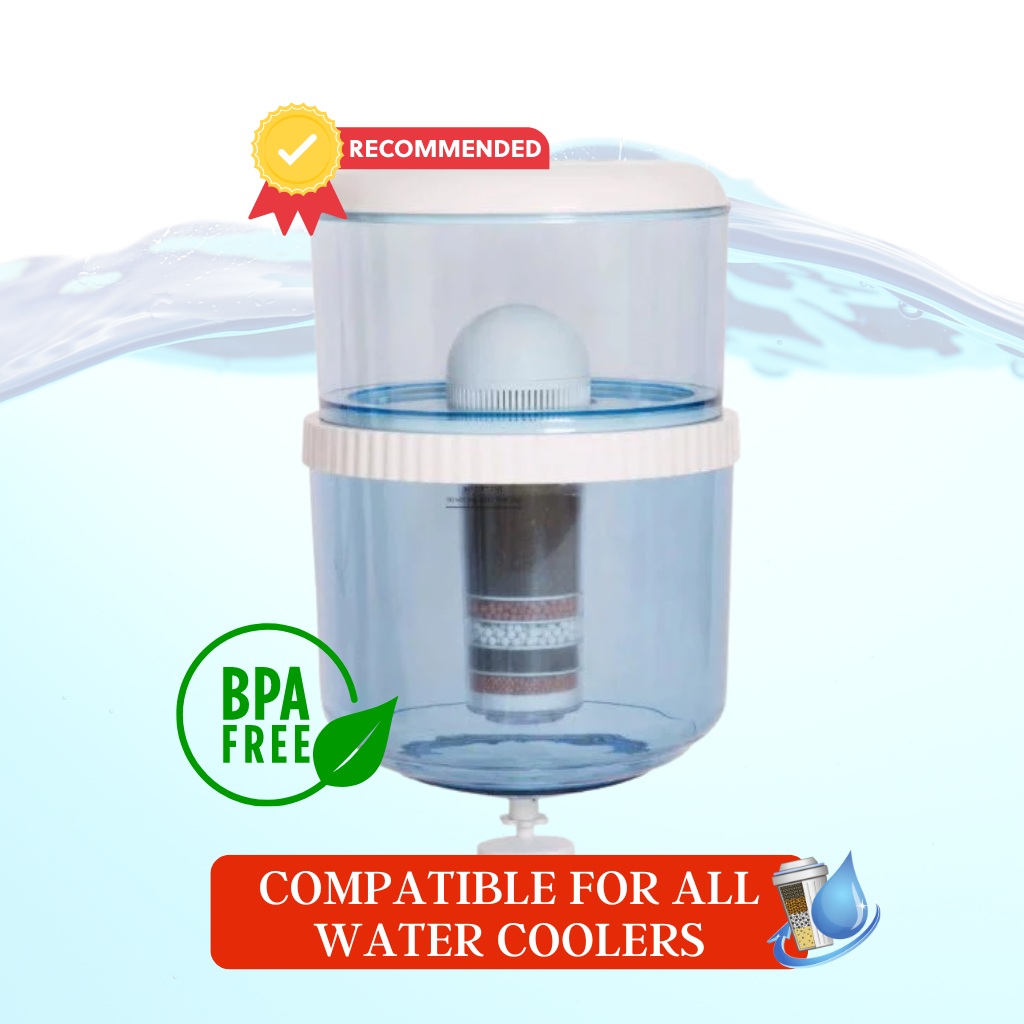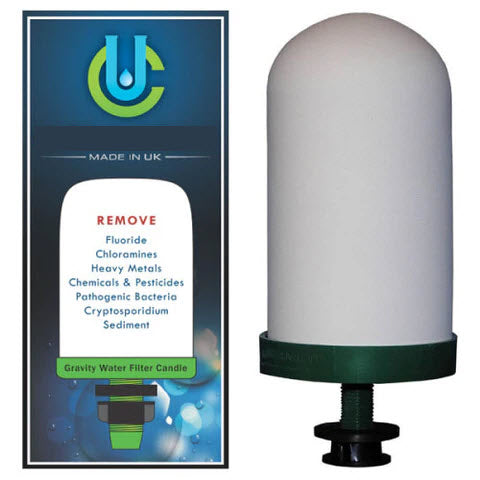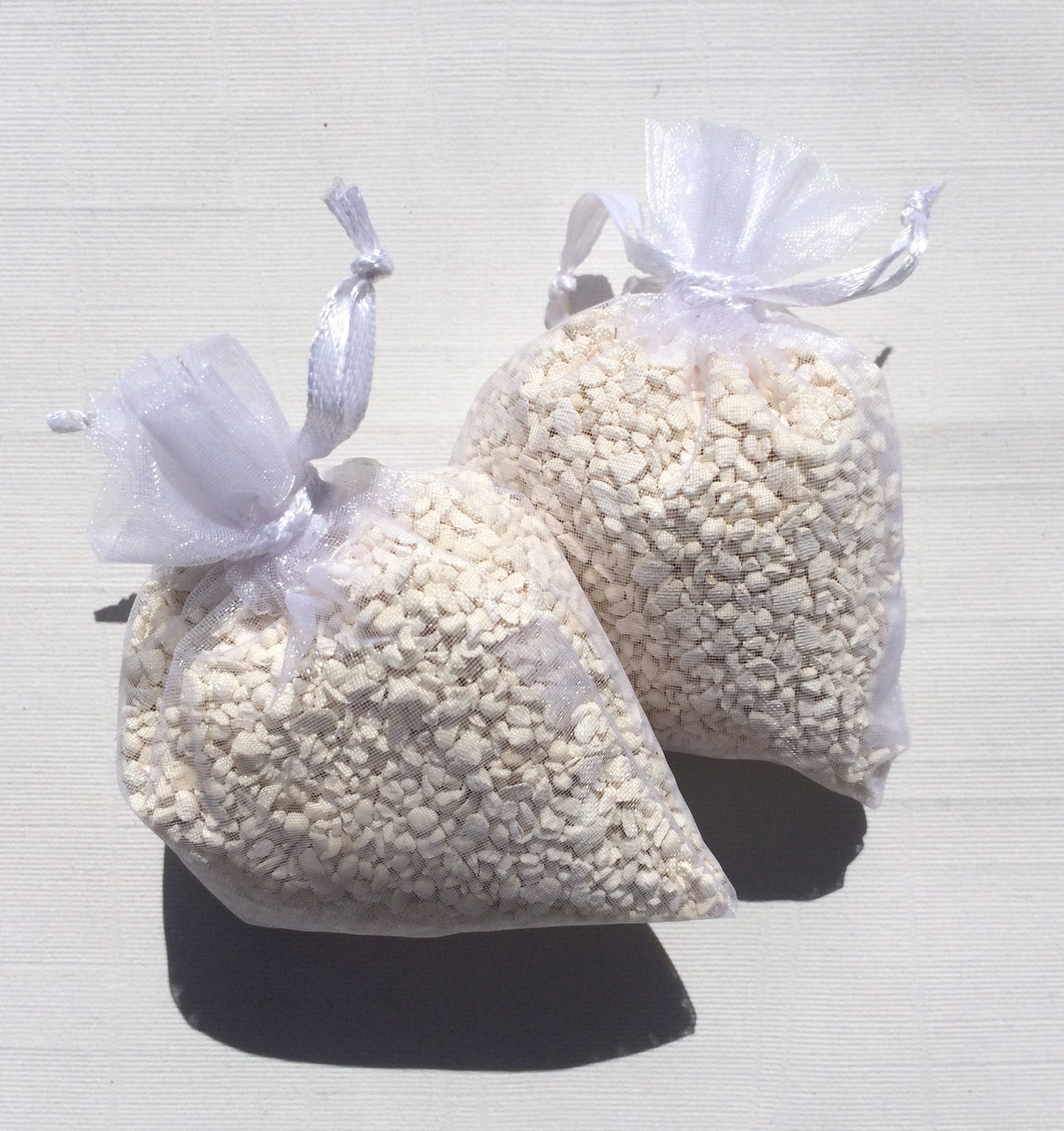Delivered quickly and they were easy to replace.
Great Awesome Deals! Fast Shipping Across Australia!
Menu
-
- Personalised Water Filter Order & Invoice Assistance
-
Water Coolers
-
Water Filters & Purifiers
- Water Cooler Spare Parts
-
Water Filter System
- Water Filter Cartridges
- Water Filter Jug
- Water Bottle
- Benchtop Water Filter
- Water Distiller
- Replacement Water Filter Cartridges Guide
-
Locations
- Awesome Water Filters in Adelaide
- Awesome Water Filters in Darwin
- Awesome Water Filters in Hobart
- Awesome Water Filters in Brisbane
- Awesome Water Filters in Gold Coast
- Awesome Water Filters in Wollongong
- Awesome Water Filters in Sydney
- Awesome Water Filters in Melbourne
- Awesome Water Filters in Perth
- Awesome Water Filters in Canberra
-
- Home
- FAQ
- Contact Us
- Shipping | Return | Refund | Warranty
- Install it with Airtasker
- Awesome News
- 1-800-789-781
- Login

Great Awesome Deals! Fast Shipping Across Australia!
Explore How Activated Charcoal Carbon Filter Water Purifier Works
June 29, 2021 8 min read

No matter how you imagine it, we will ALWAYS need water. It’s an essential part of our lives and is a key to survival. To keep our bodies operating properly, humans require clean drinking water. In addition, it aids in the digestion of food and the expulsion of waste, which is essential for good health. An activated carbon filter water purifier will make sure you get quality water every day.
However, harmful pollutants may frequently find their way into the water, making it unsafe to drink. It’s a concerning issue, given that waterborne infections cause more than two million fatalities each year. As a result, the tap water in your home may not be safe for you and your family.
That’s why water filters are important in making sure you only consume clean water. One of the popular water filters is the Activated Carbon Filter Water Purifier. When it comes to removing pollutants, odor, and unpleasant taste from tap water, activated carbon filters are truly amazing. But what are they, and why do you need one?
Find out why it’s one of the popular filters, how it works, its benefits and how it can change your life.
ACTIVATED CARBON FILTER WATER PURIFIER
Homes and industries commonly use activated carbon water purifier filters to remove organic compounds. The extraction of free chlorine from water, making it appropriate for discharge or use in manufacturing operations. When removing organics, such as humic and fulvic acid, from drinking water, chlorine in the water prevents chemically interacting with the acids. It generates trihalomethanes, a family of known carcinogens.
Activated charcoal comes from superheating charcoal without oxygen and treating it with nitrogen and argon. To draw pollutants to its surface, it uses the adsorption principle. Charcoal filters are a great way to remove contaminants from water that is both natural and effective.
BENEFITS OF ACTIVATED CARBON FILTER WATER PURIFIER

Continue reading to learn more about the advantages of using a charcoal water filter in your house.
It keeps mineral salts.
Minerals and salts found in water are useful to the human body. Unfortunately, pollution introduces toxic chemicals and particles unfit for ingesting. Most water filters remove hazardous contaminants together with helpful ions and minerals during the purification process.
It is reducing water to its bare bones as a result of such processes. It can be a problem since homeostasis requires some salts in the water. Activated charcoal’s structure and content allow it to bind harmful organic particles to its surface. The rest of the minerals can pass through. To eliminate any germs that your filter can’t catch, you’ll need to use another filter.
It improves the water taste.
The most common issue people have with water purifiers is the weird taste. Chlorine and otherdissolved in the water to eliminate hazardous bacteria cause these obnoxious properties.
Activated carbon filters remove pollutants from the water while also removing any unpleasant odors it may have. The filters are perfect for families who acquire their water from a shared source. These sources are prominent for having strange tastes, scents, and colors in their water.
It offers a low installation cost.
Water filtration systems are important investments for both homes and businesses. Unfortunately, the majority of them are prohibitively expensive to install. Charcoal filters are a great option because they save a lot of money. Because of their cheap cost, water suppliers may offer the service to customers at a reasonable price.
It has low maintenance.
You won’t have to worry about maintaining a charcoal filter after installation in your home. The filters only take a few processes to support their functioning, so they don’t necessitate the services of a specialist. Instead, the majority of it revolves around replacing the filter element after the charcoal depletes.
It is pro-health.
Charcoal filters do more than the only filter out hazardous substances from water. They also include helpful salts, which improve the quality of the product. Iron, calcium, and magnesium are some of the minerals we can obtain through charcoal filtration. Mineral salts are also responsible for the water’s nice flavor, which makes it enjoyable to drink. Charcoal filters do not reduce the nutritional value of the water.
It doesn’t require energy.
The use of charcoal filtering devices does not necessitate the use of power. Instead, their operation relies on the pressure of the water and the qualities of activated charcoal.
The filtering process runs on its own. Activated carbon filters provide a substantial economic advantage. Using a water filter that operates on electricity slaps you with repeated fees.
It’s customizable.
Our water purification needs may differ based on the targeted contaminants and the amount of refining.
Charcoal water filtering systems are customizable to some extent. Customers can select from a selection of filters designed to handle specific water issues. As a result, you can come up with a solution that best suits your needs.
HOW DOES ACTIVATED CARBON FILTER WATER PURIFIER WORK?
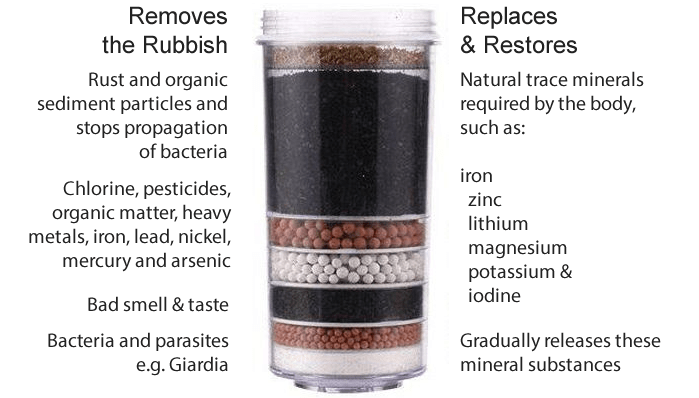
Carbon filters work by adsorbing pollutants. Adsorption occurs when contaminants attract adheres to the activated carbon surface. So, it’s similar to how a magnet attracts and holds iron filings.
Carbon filters can also affect the chemical makeup of some pollutants by acting as a catalyst. For example, chlorine, organic compounds like pesticides, THMs, and many VOCs found in gasoline, solvents, and industrial cleaners may all be removed by activated Carbon.
Chlorine Removal:
With little degradation or harm to the Carbon, you can use an activated Carbon to eliminate chlorine. Dechlorination happens quickly, with high flow rates. However, because this process necessitates a large amount of surface area, organics in the water will eventually fill in the pores of the Carbon and block them. Therefore, the activated carbon filter will ultimately need replacement because its ability to dechlorinate water will deteriorate over time.
However, it would be best if you only used re-activated filters in waste-water treatment applications. This is due to the fact that bacteria can cause difficulties in medical settings and when Carbon is used as a reverse osmosis pretreatment.
Organic Matter Removal:
Organic particles and chemicals are held inside an activated carbon filter as water runs through it through a process known as “adsorption.” Five important factors influence the adsorption process:
- activated Carbon’s physical properties
- carbon source’s chemical makeup
- contaminant’s chemical makeup and concentration
- water pH and temperature
- length of time of water exposure to the activated carbon filter
WHAT DO THESE FILTERS REMOVE AND REDUCE?
This type of water filter is effective in removing hundreds of pollutants and other compounds from tap water. However, the most widely recognized studies by the EPA and the NSF suggest that it can effectively remove 60-80 chemicals. It can also reduce another 30 and somewhat reduce 22 more.
Activated Carbon is the only recommended filter technology by the experts for removing contaminants in the water.
Pollutants and other compounds that charcoal filters remove include:
- Chlorine
- Chlorine Bi-Products
- Chloride
- Pesticides
- Herbicides
- Nitrate
- PFOS
- Phosphate
- Lithium
- Pharmaceuticals
- Microplastics
WHAT IT DOESN’T REMOVE?
Even though Activated Carbon Filter Water Purifier effectively removes harmful pollutants in the water, it also retains important minerals in the water and other organisms.
It doesn’t remove:
- Healthy Minerals (magnesium, calcium, sodium, and potassium)
- Dissolved solids like salt
- Microbiological contaminants
WHAT ARE THE DIFFERENT METHODS?
An activated carbon filter purifier usually has two different activation methods depending on thermal and chemical activation.
THERMAL ACTIVATION
The source material is transformed into activated Carbon using hot gases in thermal activation. It usually uses steam after being exposed to heat to assist open the pores.
Accomplishing thermal activation is usually through moisture reduction, volatiles reduction, carbonization, and steam treatment. It uses Carbon dioxide, argon, or nitrogen to carry out this operation in an inert atmosphere.
CHEMICAL ACTIVATION
Chemical activation involves the addition of chemicals to the raw source material before the carbonization process. The chemical is usually strongly basic, acid, or salt. The substance is then heated, and it instantly activates.
WHAT ARE THE TYPES OF ACTIVATED CARBON FILTER WATER PURIFIER?

There are over 100 kinds of activated Carbon. These classifications differ in size, preparation method, and functions. In this article, we’ll cover the most common types.
Granular Activated Carbon (GAC)
Granular activated carbon particles are larger than other activated carbon forms, although they have a smaller exterior surface area. Because GAC particles diffuse quickly, they are highly ideal for adsorption of vapors and gases, common in water treatment.
Bead Activated Carbon (BAC)
Bead Activated Carbon uses petroleum pitch. BAC particles are popular for their low dust content and mechanical strength. In addition, its spherical shape makes it perfect for water treatment applications.
Powdered Activated Carbon (PAC)
Powdered activated carbon is made up of extremely fine carbon particles that have been ground or crushed. It usually adds PAC particles directly to the process units. One of the examples includes rapid-mix basins. Carbon block filters are the experts’ preferred particles.
Polymer Activated Carbon
The porous carbon particle covers with a biocompatible polymer in polymer activated Carbon. It results in a smooth, porous outer shell that does not obstruct the pores of the finished Carbon. Hemoperfusion, a type of medical treatment, makes extensive use of polymer-activated carbon.
Impregnated Carbon
Several types of inorganic impregnated compounds, such as silver and iodine, are present in these porous carbon particles. Silver-loaded activated Carbon is commonly employed as an adsorbent in water purification and has been shown to suppress microbial growth.
FREQUENTLY ASKED QUESTIONS
IS IT SAFE TO USE CARBON WATER FILTERS?
Carbon water filters are safe, especially if they have received a material safety rating from a third party. CTO (chlorine, taste, and odor) removal is rated on all carbon filters, while sub-micron carbon blocks remove other contaminants like lead or cysts. Activated carbon block filters with sub-micron ratings go above and beyond mechanical filtration to remove extra particles.
WHAT ARE THE FACTORS THAT MAY AFFECT THE PERFORMANCE OF THE FILTER?
Different factors determine the effectiveness of an activated carbon filter in purifying water through adsorption. One of which is the contact duration between the water and the activated carbon media. It can remove more pollutants from water by increasing the contact duration between water and activated Carbon.
Allow the water to flow more slowly over the activated carbon water purifier or increasing the amount of activated carbon in the filter will improve contact time. The more activated carbon in the filter, the better, as water will pass over a wider area of Carbon, extending the cartridge’s life. The slower the water flows over the Carbon, the longer the pollutants in the water will contact the activated Carbon. This process allows for additional adsorption time. Activated carbon filters operate better when the water temperature is lower.
HOW LONG SHOULD YOU USE THE FILTER BEFORE REPLACEMENT?
The activated carbon filter in water purifiers should have replacement once depleted and no longer purifies water. It’s because the activated carbon filter in water purifiers has a limited ability to absorb pollutants from water.
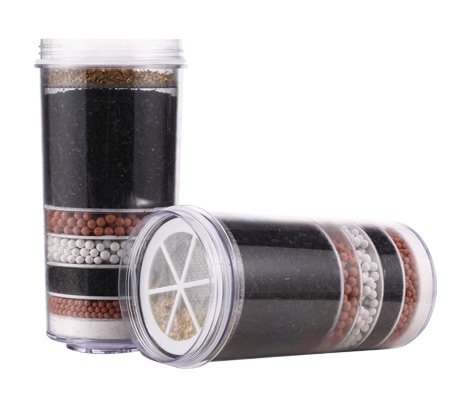
FINAL THOUGHTS
Water is and always will be a part of our lives. However, we have to stop compromising its quality because that would mean compromising our health. Deciding to invest in an activated carbon filter water purifier will be one of the best decisions in your life ever! It removes harmful contaminants away while making sure you still have the minerals you need. It’s also low cost and low maintenance. It will surely change how you consume water to keep you and your family healthy and safe from harmful pollutants.
Don’t compromise your health. Find the best-activated carbon filter water purifier in Australia today! Then, start changing your life by browsing Awesome Water Filters’ list of activated carbon filter water purifiers.
Subscribe
Sign up to get the latest on sales, new releases and more …

